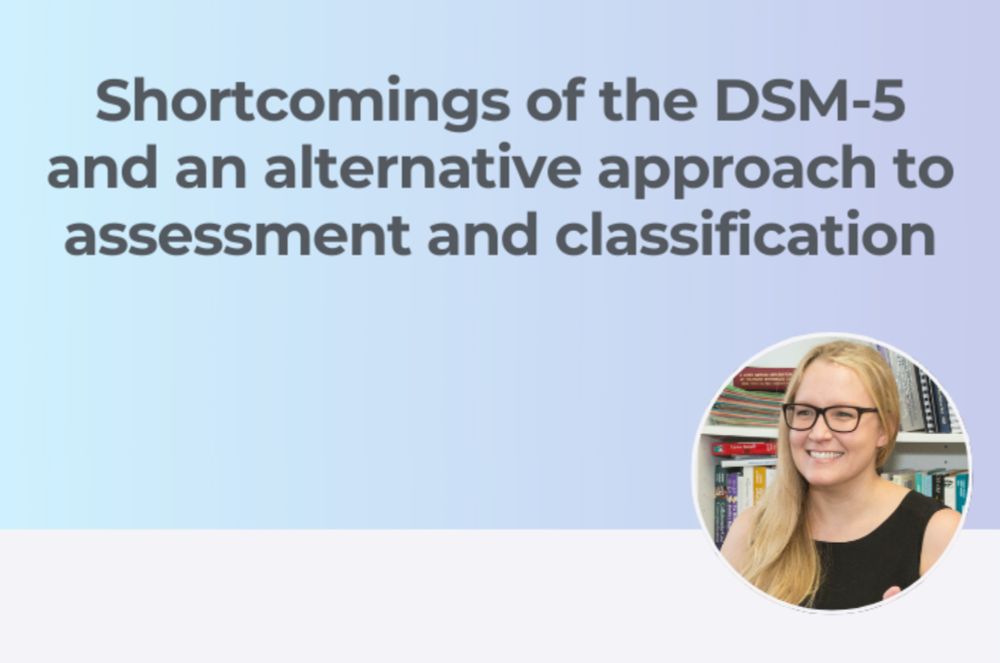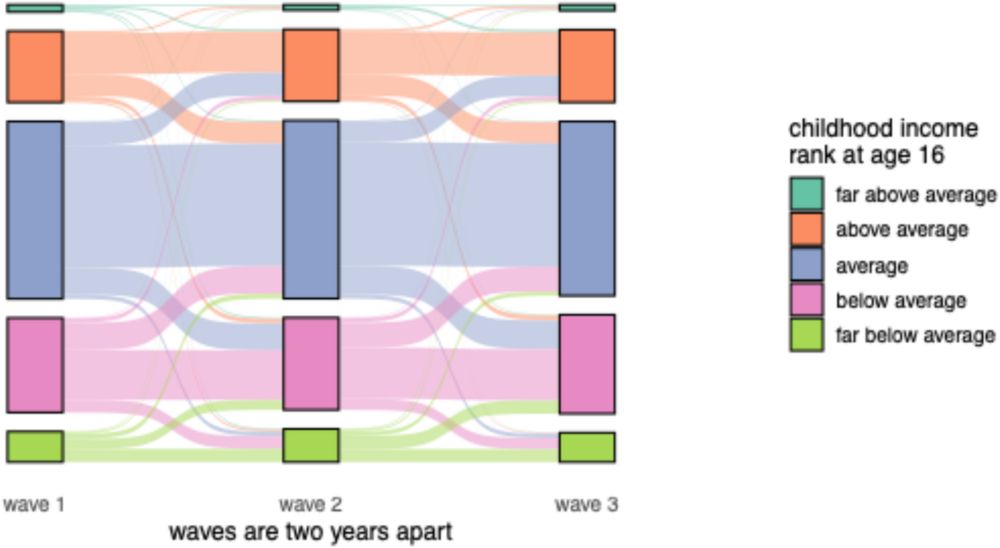
Lab website: ringwaldlab.psych.umn.edu
Information for potential applicants can be found on my lab website: ringwaldlab.psych.umn.edu/join-lab
Please spread the word!

Review by Oliver Brady, Paul Nulty, Lili Zhang, Tomás E. Ward & David P. McGovern
Web: go.nature.com/3LGzbBx
PDF: rdcu.be/ePY2w

Review by Oliver Brady, Paul Nulty, Lili Zhang, Tomás E. Ward & David P. McGovern
Web: go.nature.com/3LGzbBx
PDF: rdcu.be/ePY2w
ja.ma/4hVrWBW

www.sciencedirect.com/special-issu...
Co-edited with @mohammadatari.bsky.social and featuring historical perspectives on love, racial identity, emotion expression, well-being, collectivism, religion, and more!
Brief 🧵

www.sciencedirect.com/special-issu...
Co-edited with @mohammadatari.bsky.social and featuring historical perspectives on love, racial identity, emotion expression, well-being, collectivism, religion, and more!
Brief 🧵

Information for potential applicants can be found on my lab website: ringwaldlab.psych.umn.edu/join-lab
Please spread the word!
Between 2020 and 2024, more Americans — especially the youngest (18–24) and oldest (65+) — report using no social media at all.
A small group of heavy users remains, but the middle is thinning out.

Very compelling evidence that the extensive covariance of diverse psychopathology is not an artifact of cross-sectional factor analysis.
They show extensive "co-morbidity" across generations and within-person, over time.
doi.org/10.1037/abn0...
Very compelling evidence that the extensive covariance of diverse psychopathology is not an artifact of cross-sectional factor analysis.
They show extensive "co-morbidity" across generations and within-person, over time.
doi.org/10.1037/abn0...

Edited by Kristin Naragon-Gainey and @kstanton.bsky.social
Here's their overview paper: psycnet.apa.org/record/2026-...
And here's our contribution, which will win us no friends:
psycnet.apa.org/record/2026-...
Edited by Kristin Naragon-Gainey and @kstanton.bsky.social
Here's their overview paper: psycnet.apa.org/record/2026-...
And here's our contribution, which will win us no friends:
psycnet.apa.org/record/2026-...
▶️60 openly available experience sampling datasets (16K+ participants, 740K+ obs.) in one place
▶️Harmonized (meta-)data, fully open-source software
▶️Filter & search all data, simply download via R/Python
Find out more:
🌐 openesmdata.org
📝 doi.org/10.31234/osf...
▶️60 openly available experience sampling datasets (16K+ participants, 740K+ obs.) in one place
▶️Harmonized (meta-)data, fully open-source software
▶️Filter & search all data, simply download via R/Python
Find out more:
🌐 openesmdata.org
📝 doi.org/10.31234/osf...
▶️60 openly available experience sampling datasets (16K+ participants, 740K+ obs.) in one place
▶️Harmonized (meta-)data, fully open-source software
▶️Filter & search all data, simply download via R/Python
Find out more:
🌐 openesmdata.org
📝 doi.org/10.31234/osf...
doi.org/10.1007/s112...
🧵👇 (1/5)

ja.ma/3KIU12Q

ja.ma/3KIU12Q
geiselmed.dartmouth.edu/qbs/
geiselmed.dartmouth.edu/tdi/academic...
geiselmed.dartmouth.edu/qbs/
geiselmed.dartmouth.edu/tdi/academic...
Turns out: yes!
We found differences in internal consistency, Ms, & SDs but not in the underlying constructs 🧵
doi.org/10.31234/osf...
Turns out: yes!
We found differences in internal consistency, Ms, & SDs but not in the underlying constructs 🧵
doi.org/10.31234/osf...
We hope it’s useful, and are keen to hear any feedback
Thanks again so much to @tashtc.bsky.social for all of her hard work creating this video series ✨

We hope it’s useful, and are keen to hear any feedback
Thanks again so much to @tashtc.bsky.social for all of her hard work creating this video series ✨




